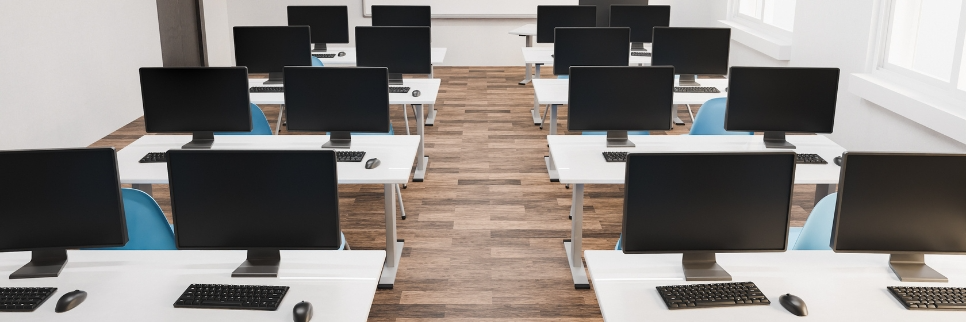Formal Learning, Informal Learning and Non-formal Learning : What to Choose?

- April 4, 2024
- 2835
One of the most crucial pillars of government is education, which helps people advance their professional and technical abilities so they can contribute appropriately to the growth of the nation. Education has helped us shape the future of millions of children who are now enjoying a good life. It helps humanity by spreading knowledge and wisdom.
So today, let's discuss some of the types of education in this blog and choose what's good for you.
Non-formal Education
Non-formal education occurs outside of traditional classroom settings but still inside of an organisational structure. It results from the learner's deliberate choice to become proficient in a specific task, ability, or field of knowledge and is therefore the product of intentional effort. However, it is not required to adhere to a set curriculum or be subject to outside accreditation and evaluation.
The majority of non-formal learning occurs in community settings. Examples include reading groups, debating organisations, amateur choruses and orchestras, swimming lessons for young children, sports clubs of all ages, and so forth. As students advance in skill, some informal learning environments become more structured; graded tests in music and other performing arts spring to mind as an example.
Informal Learning
Informal learning occurs when students engage in non-learning activities outside of traditional educational settings, such as schools and colleges. Because it is unavoidable and occurs spontaneously, informal learning is sometimes referred to as experience learning.
Formal or informal learning is both purposeful and accidental; while we actively seek a learning objective, we are unable to avoid picking up knowledge that is outside of it. On the other hand, informal learning is only incidental.
Formal Education
For every student or child to succeed in their job, formal education is crucial since it develops their learning capacity in a methodical way that helps them develop their academic skills at a young age. It also makes individuals more adaptable and fluid in their ability to take on some crucial obligations in their personal lives.
Conclusion
For all of their children, informal education is also quite important since it develops their extracurricular skills and helps them live faster and more fulfilling lives. The real-world or practical experiences that increase their intellectual efficiency are determined by non-formal education. For the child's wellbeing, all of these educational and learning activities will greatly improve the child's relationship with the community.








